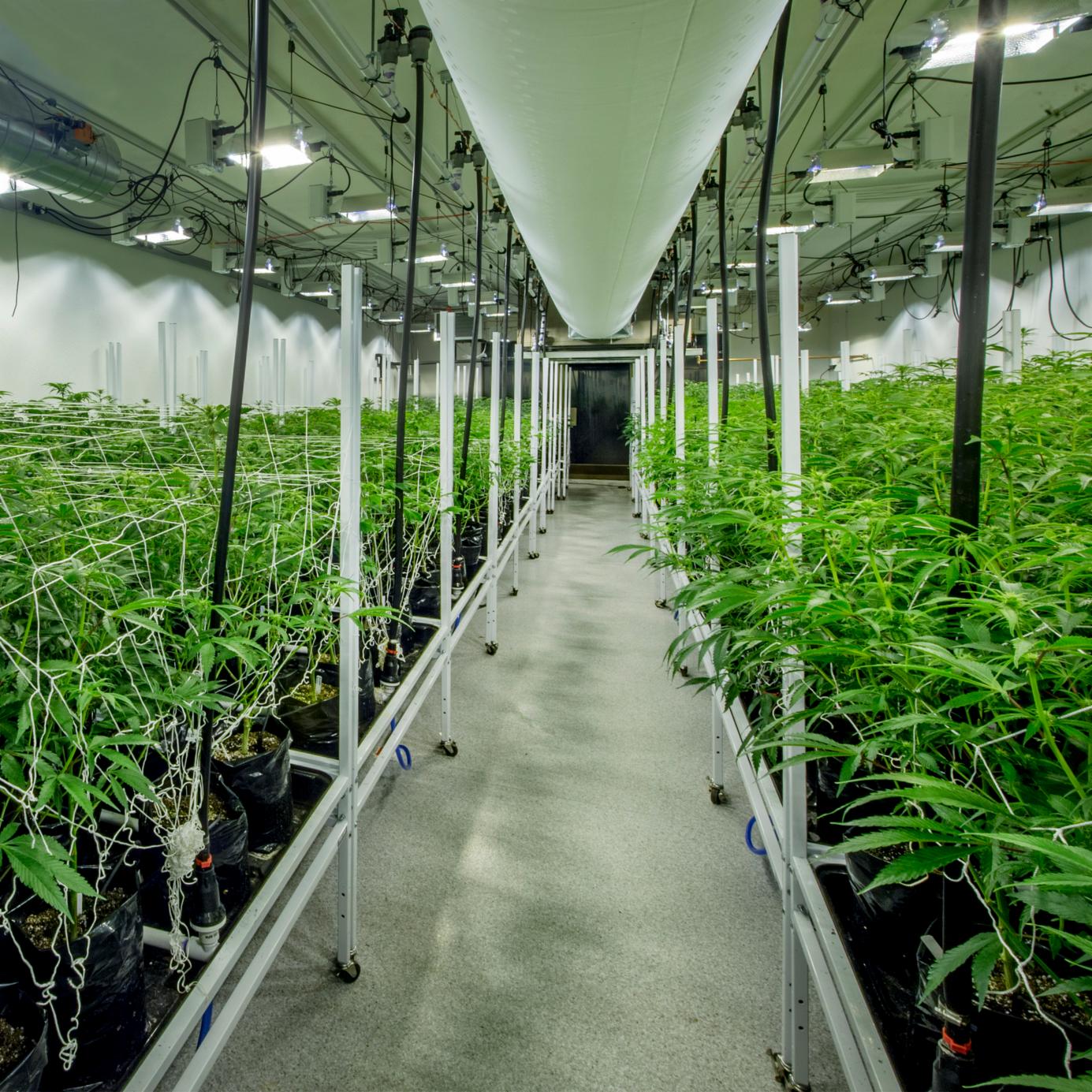Medical marijuana might be legal, but you won't get a prescription this way

Below is an article that originally appeared in the South Florida Business Journal, featuring Foley Partner, Nate Lacktman.
The Florida Board of Medicine proposed on Dec. 8 a regulation that will, at least for the foreseeable future, divert the paths of two industries emerging into Florida’s business mainstream: medical marijuana and telemedicine.
It’s been proposed that Florida residents seeking medical marijuana prescriptions will be limited to in-person examinations.
The regulation is in its preliminary stages, awaiting further review. But Foley & Lardner partner Nathaniel Lacktman, says it demonstrates government agencies’ efforts to limit irresponsible proliferation of the illicit substance, brought to legality by a “supermajority” of Florida voters for medical treatment of severe and life-threatening conditions.
What is at the heart of the proposed regulation?
It was proposed by the Florida Board of Medicine to clarify its position that an in-person exam would be required before a physician can order a recommendation for medical marijuana. So what that means is, under the proposed rule as drafted, physicians could not conduct patient exams via telemedicine.
What is the board’s stated reasoning for the regulation?
The board hasn’t articulated any rationale or reason. I think it’s probably an arbitrary barrier designed to help limit drug diversion — improper or medically unnecessary prescribing of marijuana.
Are there legal precedents for this sort of proposal?
Board rules say that you may not prescribe controlled substances via telemedicine, with the exception of medicine aimed at treating psychiatric conditions. For example, if someone has a headache — not an emergency — they can have a telemedicine examination with their doctor, but the doctor cannot prescribe Vicodin for it.
Does the regulation fly in the face of Amendment 2 and its intent?
The people of the state of Florida have voted, so I imagine that our lawmakers … will uphold the state constitution. That said, it’s understandable and not unreasonable if the Board wants to be cautious and take appropriate conservatory steps under this significant change of Florida law. Other states have had their medical marijuana laws in the books for a number of years and the residents of those states are more comfortable, given the years that have passed. Florida doesn’t yet have that history. You couple that with telemedicine, an emerging way of delivering care… The board refined those regulations just about two years ago.
What additional regulations or modifications can Florida business owners interested in dabbling in medical marijuana expect?
It will be interesting to see how this regulation intersects with the Florida legislature’s approach. Amendment 2’s original intent is paramount under state law. But underneath that, the legislature could have the ability to promulgate a statute that could interpret or refine the language of Amendment 2, provided it’s constitutionally consistent. Then there’s the Department of Health that could promulgate additional regulations.
Again all of these have be to be consistent with each other. Attempts that may serve to be overly restrictive of the language of Amendment 2, it could be subject to constitutional challenge. And we saw that with Amendment 7, which opened up a lot of transparency to medical records, among other things. So that may or may not happen here, depending on advocacy groups.
The Board has to balance access to care with standards of medical practice. And it’s a delicate balance. It’s a bridge from where society is and where society wants to be.
